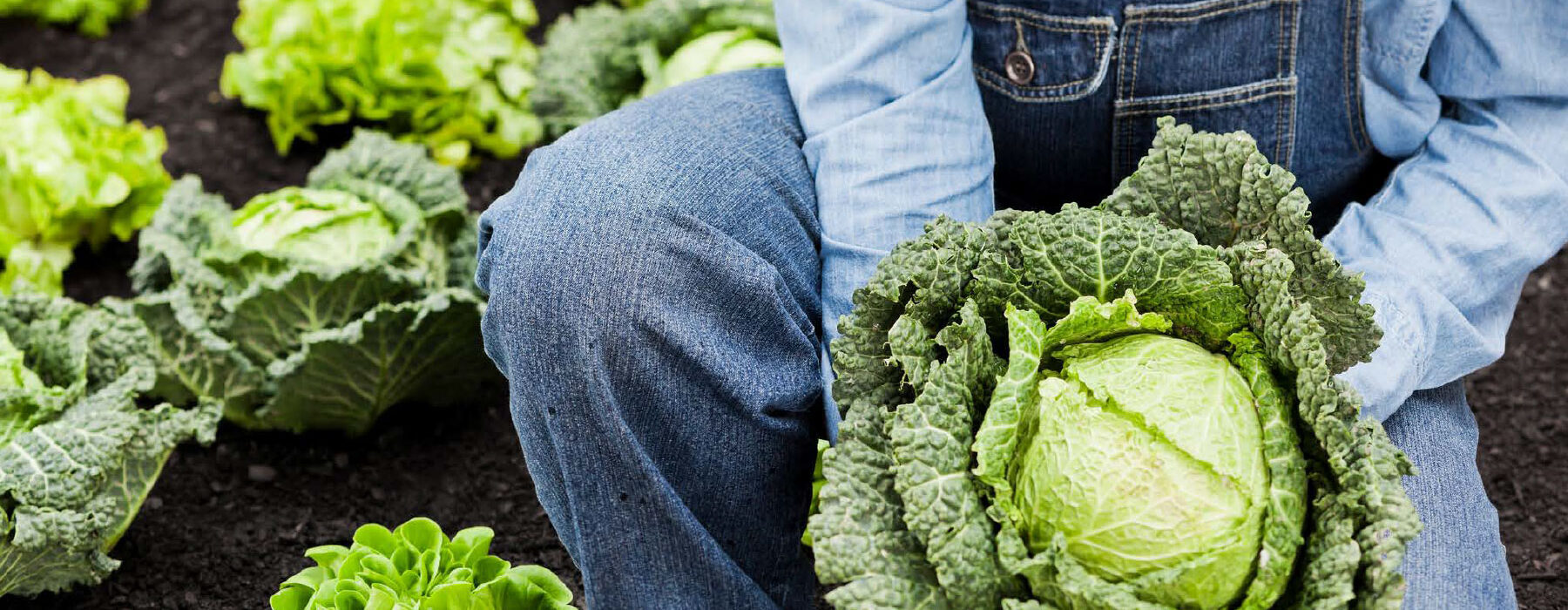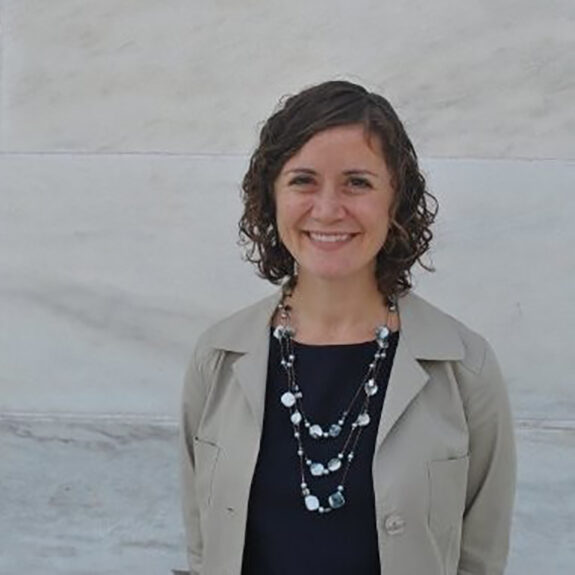This report compiles and distills the findings of six state snapshots and makes recommendations on how the states can work together to increase the amount of local food purchased by institutions throughout New England.
Introuction
New England institutions are playing an increasingly significant role in the movement for healthy, sustainable, and regionally produced food. From early childhood centers to college campuses, local food is a crucial part of students’ educational and dining experiences. Local food is also found on the menu in dining facilities at some hospitals, correctional facilities, and other institutional settings throughout the region. State policy has the potential to play an important role in encouraging or requiring public institutions to begin purchasing food from local sources, or to increase existing procurement efforts.
Institutions and governments define “local” in a variety of ways. Common definitions include geographic radiuses (e.g., 250 miles), political boundaries (e.g., within a state’s border), and regional groupings (e.g., the New England states). Local food procurement in New England institutions has the potential to improve the health of citizens, support the New England agricultural economy and other area businesses, and reduce the environmental impact of transporting food to New England from elsewhere in the country or world.
This report, Regional Trends in New England Farm to Institution Procurement Policy, accompanies six state policy snapshots and a policy scan. These documents primarily focus on enacted state legislation, though relevant administrative policies and nongovernmental initiatives are also discussed. The snapshots and scan provide an overview of institutional procurement policies in each of the New England states, information about how the policies currently function, and recommendations for policy modifications and future policy work. This report compiles and distills the findings of each of the individual snapshots and makes recommendations on how the states can work together to increase the amount of local food purchased by institutions throughout the region.
While some trends and best practices are useful when considering any local food procurement policy, it is important to note that there is no “one-size-fits-all” policy approach for increasing local food purchases. The needs and practices of institutions throughout New England vary, and the cultures and attributes of each of the six states are distinct. Accordingly, advancing local food procurement goals across the region will require a range of procurement strategies and policies. There are also many non-governmental and business efforts throughout the New England states that encourage and assist institutions to purchase food from local producers. This work is equally important, and in fact necessary, to complement and ensure the long term effectiveness of policy endeavors.
Acknowledgements
This report would not have been possible without the insights of the FINE Policy Workgroup and the many individuals who provided interviews for and review of the policy snapshots. Please see the individual state policy snapshots for a list of contributors to the research and interviews that underpin this report.
This project is funded in part by the National Agricultural Library, Agricultural Research Service, U.S. Department of Agriculture. Additional funding was provided by The John Merck Fund and the Henry P. Kendall Foundation.
Design and layout provided by Anna Fleishman.
Suggested Citation
Alyssa Hartman et al., Fine Farm to Inst. New Eng. & Vt. L. Sch. Ctr. for Agric. & Food Sys., Regional Trends in New England Farm to Institution Procurement Policy (2019), https://www.farmtoinstitution.org/sites/default/files/imce/uploads/Regional-Trends-in-New-England-Farm-to-Institution-Procurement-Policy.pdf.




